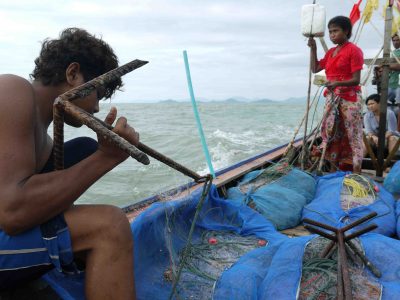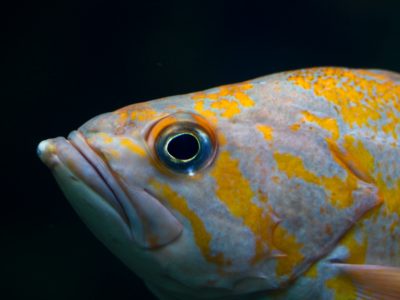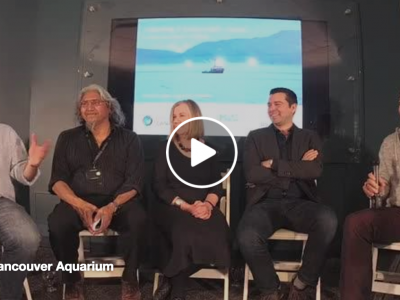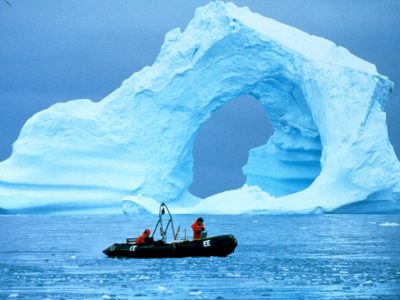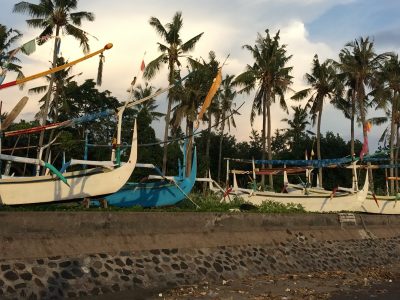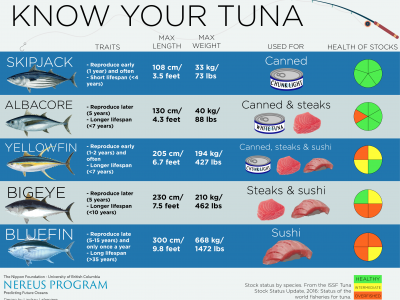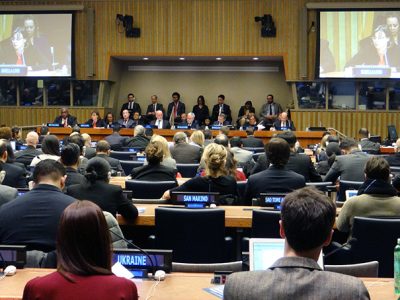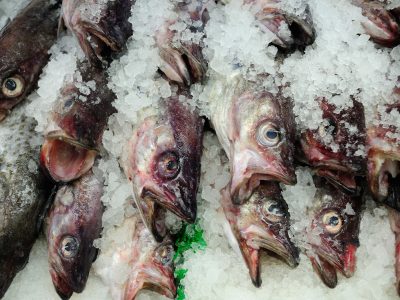Marine conservation must consider human rights: An appeal for a code of conduct
Off the northern Andaman coast of Thailand, marine protected areas have been established to protect the vibrant coral reefs and underwater ecosystems. But underlying the good intentions of those promoting marine conservation are unintended consequences – that small-scale fishers and indigenous Moken communities were restricted from fishing and harvesting in the area with no other livelihoods options provided.



